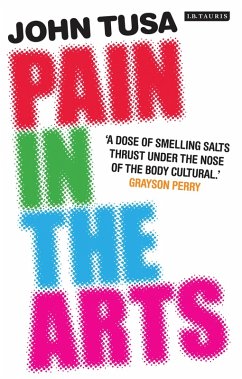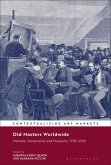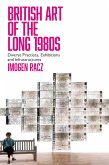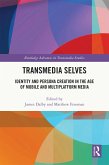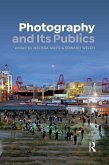Over a distinguished career in cultural leadership, management and journalism spanning almost 30 years, John Tusa has amassed a unique experience of the arts world, the political controversies it faces and the battles it continues to fight. His new book is a fearless and passionate defence of the performing and visual arts at a time of increasing 'Pain in the Arts'.
Tusa addresses the controversies in the arts that must be resolved so urgently today, including the ever-flowing arguments on whether they should be useful before they are excellent. He gives guidance on how the arts can survive in the downturn and explains why the case must always be made that they deserve special treatment. He writes an excoriating critique of the language of Whitehall bureaucracy and shows how crucial to the nation's health and wealth are the small regional arts projects alongside our big arts institutions like the Barbican or National Theatre. He also draws on his expertise as Chair of the Clore Leadership Programme to discuss those increasingly complex questions - practical, personal, professional - that today's and tomorrow's cultural leaders must face, including the qualities of character needed to succeed and what a revolution in arts leadership might achieve. The backdrop throughout is Tusa's personal story of discovery and love of the culture he strives to defend in hard times.
Tusa addresses the controversies in the arts that must be resolved so urgently today, including the ever-flowing arguments on whether they should be useful before they are excellent. He gives guidance on how the arts can survive in the downturn and explains why the case must always be made that they deserve special treatment. He writes an excoriating critique of the language of Whitehall bureaucracy and shows how crucial to the nation's health and wealth are the small regional arts projects alongside our big arts institutions like the Barbican or National Theatre. He also draws on his expertise as Chair of the Clore Leadership Programme to discuss those increasingly complex questions - practical, personal, professional - that today's and tomorrow's cultural leaders must face, including the qualities of character needed to succeed and what a revolution in arts leadership might achieve. The backdrop throughout is Tusa's personal story of discovery and love of the culture he strives to defend in hard times.

